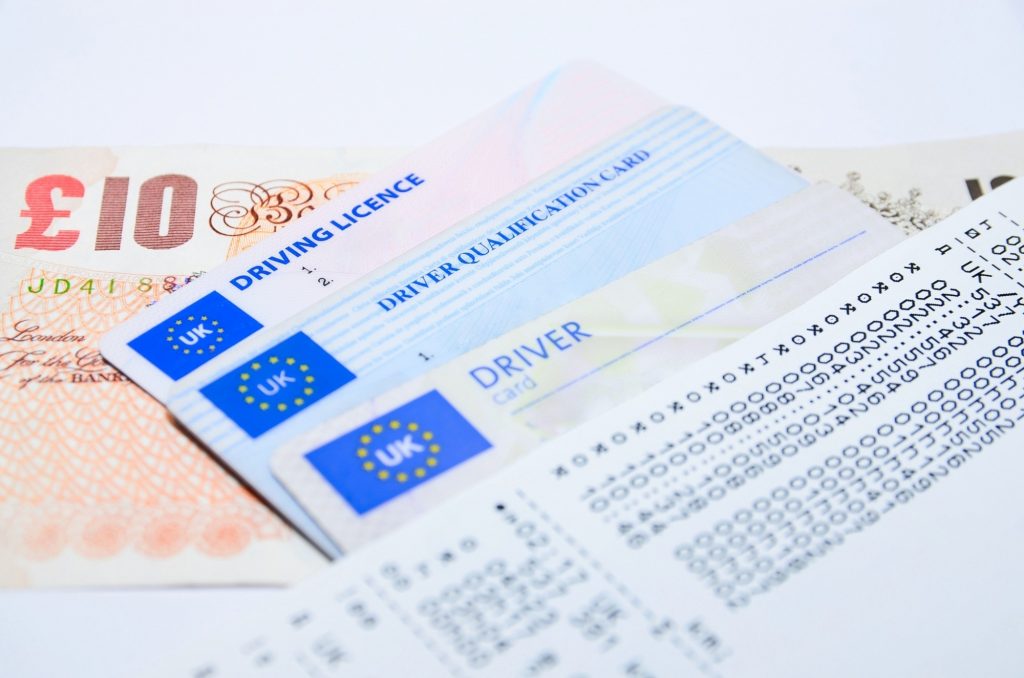
Have you decided to relocate to a distant state? Every move involves some degree of stress. Consider using these eight helpful tips to ease your transition between addresses in the United States.
1. Check the cost of living index before you relocate.
The average cost of living sometimes varies significantly from one location to another. Before moving to a distant state, consider checking the cost of living index. It should help you evaluate your income requirements in another community in realistic terms.
2. Different places frequently use unique occupational licensing systems.
Carefully check any state occupational or professional licensing requirements that apply to members of your household before relocating. States frequently maintain unique licensing systems. If you need to apply for a license to work in your field in another place, knowing the time frame involved in this process might prove very important.

3. Learn about weather conditions in your destination city.
Appreciating the seasonal weather conditions in your destination makes packing easier. For example, you probably won’t require a thick winter coat in Miami or Palm Springs. However, if you relocate to New England, you won’t want to leave this valuable item behind!
4. Research state tax information carefully.
Some states like Nevada and Wyoming charge no income taxes. Others like California tax residents more than the typical. If you maintain homes in two places, you might need to pay income taxes in both houses. Check the taxation details for your relocation destination carefully to avoid surprises later.
5. Consider transportation issues.
If you plan to drive a vehicle in another state, pay attention to driver’s license requirements. The Motor Vehicles Department can supply useful information about specific state laws of interest to you. You’ll need to surrender your existing license when you apply for a new one elsewhere.

6. Obtain a new address before finalizing travel plans (if possible).
If possible, consider arranging for new living accommodations before your relocation deadline. Having a specific destination address expedites the moving process. A local real estate agent may offer valuable assistance to finding a home for your household in an unfamiliar city.
7. Notify family and friends about your upcoming relocation.
Make sure you notify your loved ones about your relocation plans. They’ll enjoy greater peace of mind if they seek to contact you after your move. Additionally, if you do encounter moving problems (e.g., an accident en route), someone will know about your travel itinerary.
8. Remember to obtain the necessary pet travel approvals.
Do you plan to cross a state line with one (or more) household pets? Make sure you get any required animal health certificates before transporting a dog, a cat, a horse, or any other animal from one state to another. Most states require you to obtain a health inspection and essential vaccinations for your pet before your departure date. Hawaii may need a pet quarantine period after arrival, too.